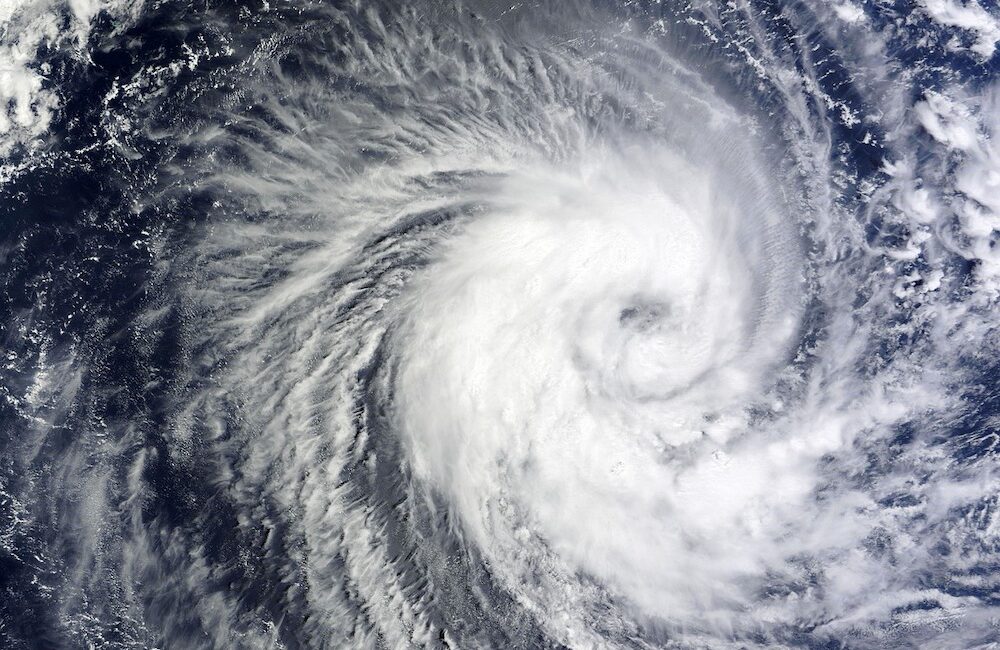This past Saturday marked the official start of the 2024 hurricane season. According to the National Oceanic and Atmospheric Administration’s (NOAA) Hurricane Research Division, 97% of all Atlantic tropical storms and hurricanes take place between June 1 and November 30. This year, the NOAA predicts we will have an higher number of storms due to warmer-than-average ocean temperatures.
FEMA Deputy Administrator Erik A. Hooks stated “Severe weather and emergencies can happen at any moment, which is why individuals and communities need to be prepared today.” Even if you aren’t living in a beach house on the ocean, it’s still important for our Florida communities to get prepared and take every precaution for safety.
Here are some of our top tips for protecting your home and loved ones from tropical storm and hurricane damage.
- Hurricane Kits – In the event that you are forced to evacuate, it’s helpful to have a kit prepared that you can take with you. Even if you stay in your house, this can be useful in a situation where you lose power. By preparing your kit ahead of time, you alleviate a lot of the potential stressors you may feel in a chaotic situation. What to put in your kit?
– Non-perishable food (recommended enough to last at least three days)
– Water (again, enough to last at least three days)
– First-aid kit, including any prescription or over-the-counter medications
– Personal hygiene and sanitary products
– Flashlights
– Batteries
– Lighter or matches
– Manual can opener
– Waterproof container to keep cash and other important documents in
– Pet food, supplies, baby supplies if needed
– Books, magazines, games for recreation. - Secure Your Home – Your home is your first defense from damaging winds, storm surges, and flooding. Make sure your space is prepared by:
– Making sure all windows are covered with either hurricane shutters or wood
– If possible, secure straps or clips to securely fasten your roof to the structure of your home.
– Reinforce your garage doors
– Bring in all outdoor furniture, garbage cans, decorations, and anything else that is not tied down. - Power Outages – In the event that you are left without power, you can stay ready and safe by:
– Make sure your car’s gas tank is full far in advance of an approaching storm. Most people wait until the last minute, and gas stations can run out quickly.
– Have extra cash on hand in the event that no ATMs in your area are working or accessible
– Make sure cell phones are charged and any portable charges have been charged as well
– If power is lost, losing use of the A/C unit can be the most uncomfortable side effect. Try to prevent as much light from entering and warming the house as possible by covering up your windows on the outside. Don’t run battery operated fans unless you are in the same room.
– Fill bathtubs, coolers, and large containers with water for washing and flushing only.
At this point, you may be asking, “What does this have to do with alarms?”
Well, when the time comes for a storm to be passing through, keep in mind that most alarms come with a backup battery. This is there to keep the system running in the event of power loss. In order to make sure the backup batteries are in condition to take over, we suggest the battery be replaced every few years (3-5 years). Without this backup battery, the loss of power may onset your alarm, and you don’t want to be stressing over annoying beeps and rings while dealing with a potential catastrophe. Make sure to keep record every time you change the batteries and double check if it’s time for replacements.
Call All Florida Alarms today at 561-488-7022 for support in making sure your alarm is hurricane ready.
Be prepared: visit hurricanes.gov and follow @NWS and @NHC_Atlantic on X. https://www.stateofflorida.com/articles/hurricane-preparedness-guide/





